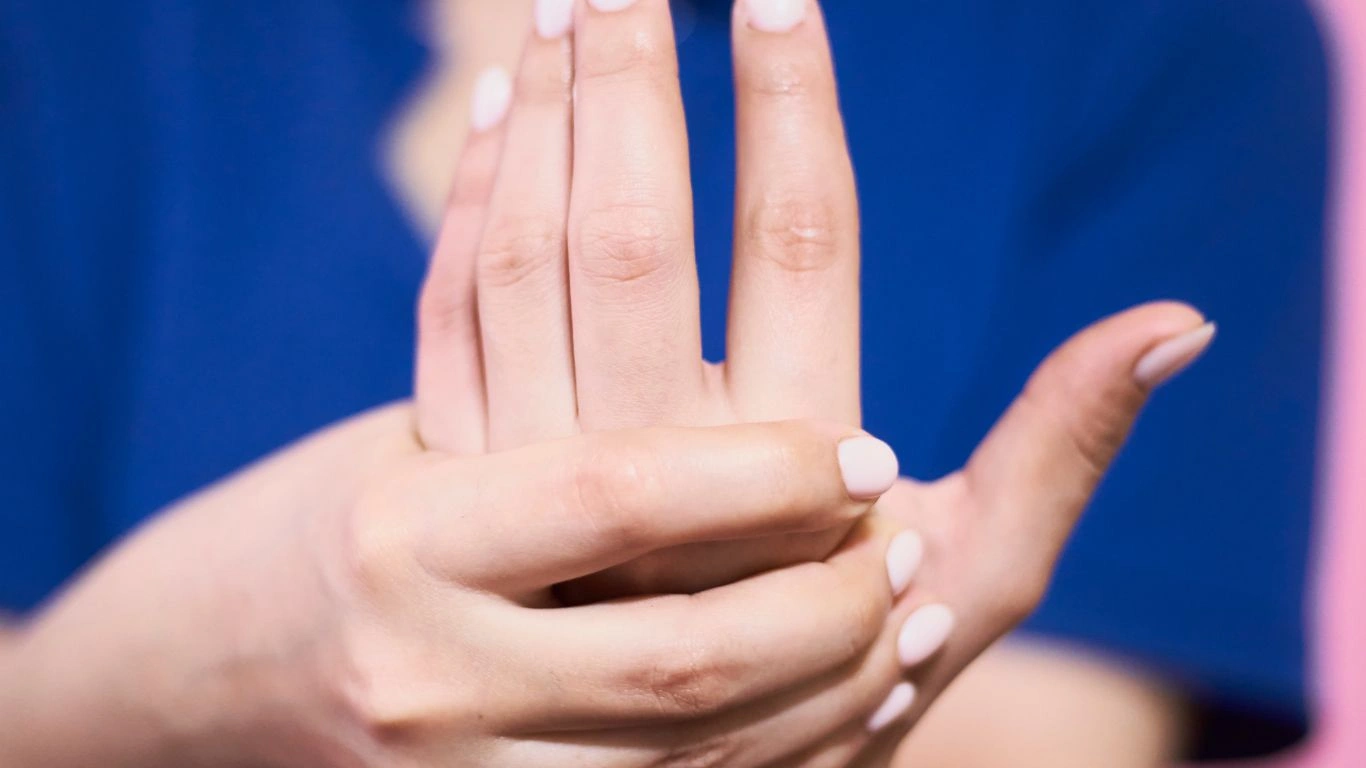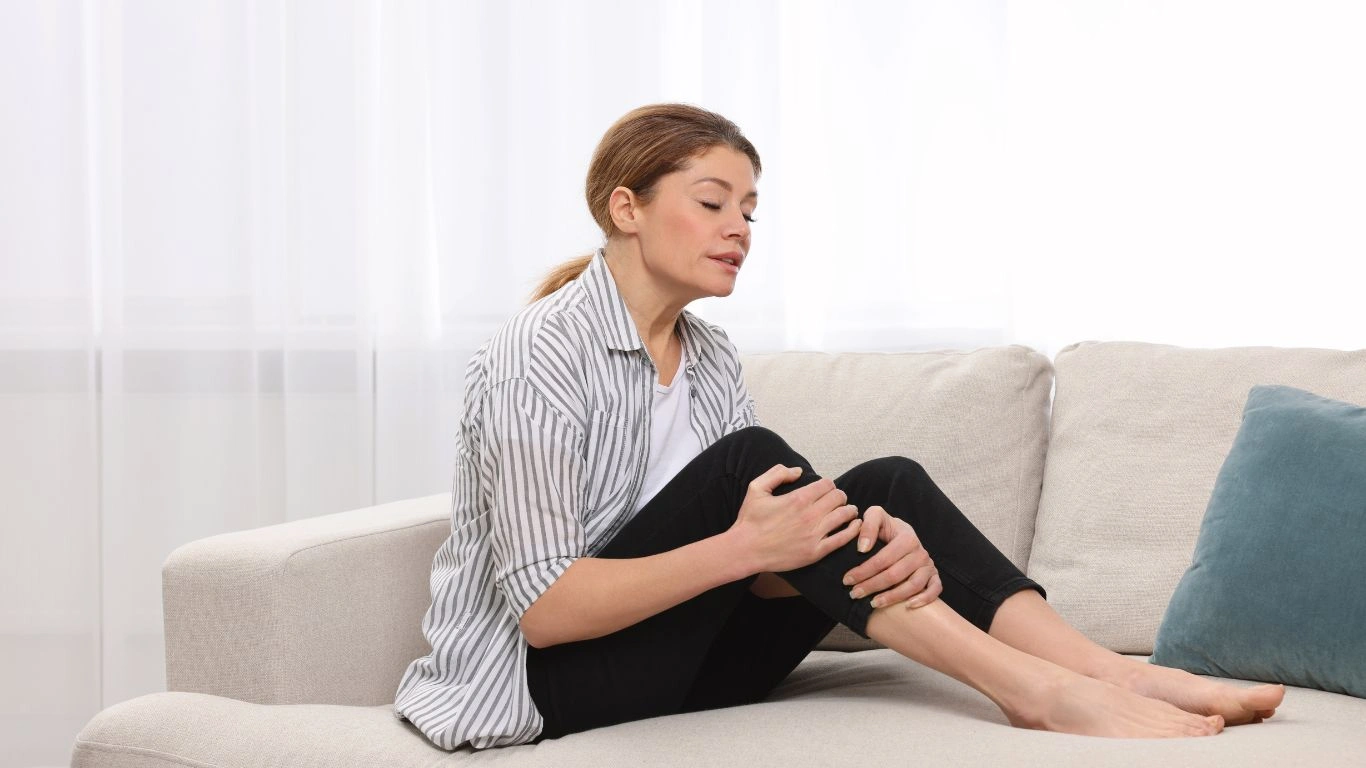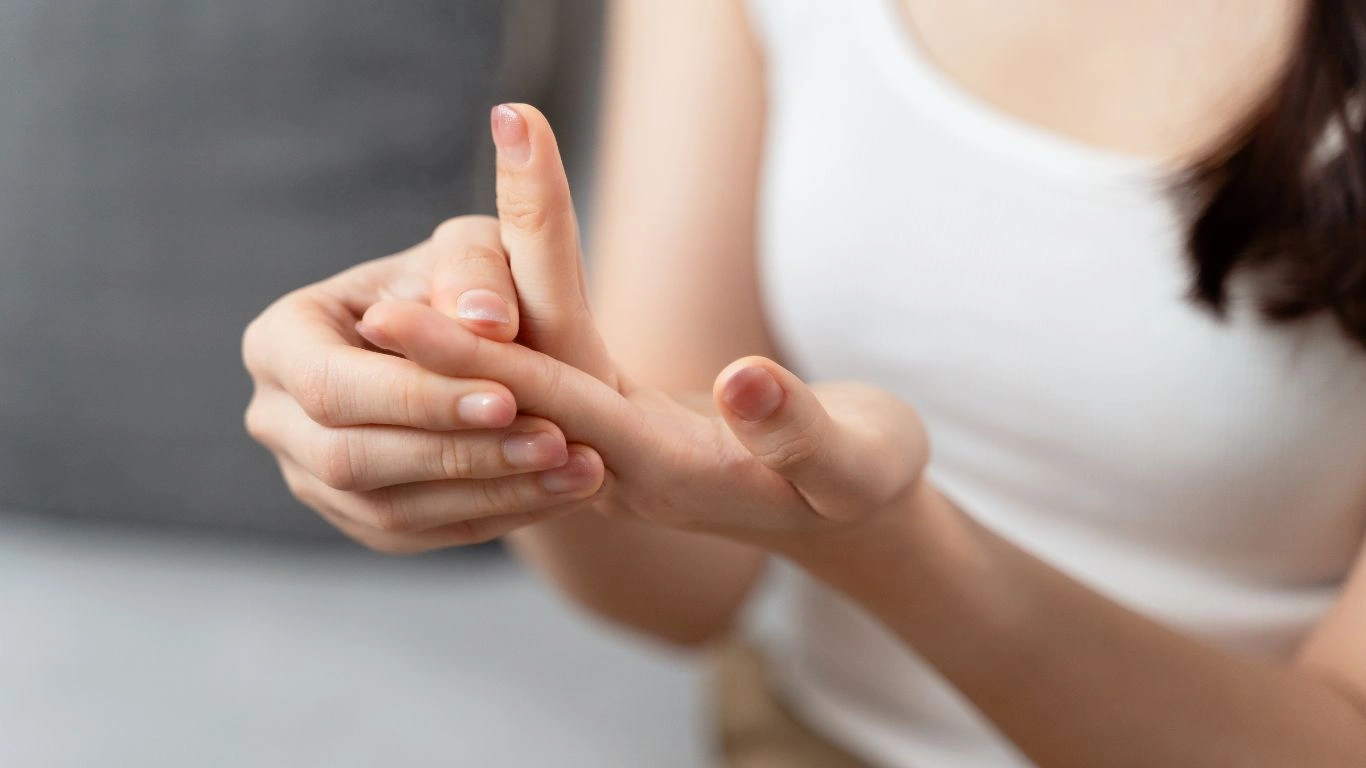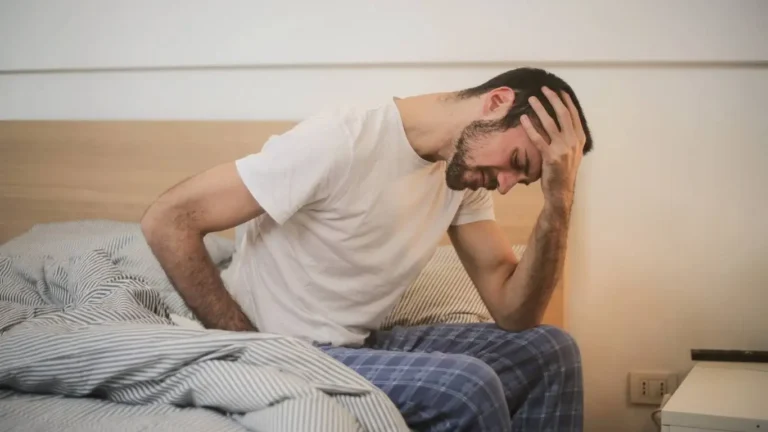💤 Rheumatoid Arthritis and Its Impact on Sleep Quality: How It Affects Your Rest
If you have rheumatoid arthritis (RA), you probably already know how annoying it can be. The pain, the stiffness, the unpredictability… it can seriously mess with your day-to-day life. But here’s the kicker: RA doesn’t just affect your joints—it can also ruin your sleep. Yup, that’s right. It’s not just about joint pain; it’s about sleepless nights that leave you feeling exhausted and frustrated.
What’s RA and Why Does It Mess with Sleep? 🤔
Okay, quick breakdown: Rheumatoid arthritis is an autoimmune disease where your immune system goes haywire and starts attacking your healthy joints. This leads to inflammation, pain, and swelling—basically a hot mess for your body. While it mostly targets the joints, it can affect pretty much everything, including your energy levels.

And then there’s the whole sleep thing. RA’s symptoms don’t just disappear at night. In fact, for many people, nighttime is when it’s at its worst. So, let’s dive into the nitty-gritty of why it’s so hard to get quality sleep when you have RA.
Why Does RA Mess with Your Sleep? 🛏️
So, why does RA make sleeping so darn hard? Let me break it down:
- Pain and Discomfort: The pain from RA isn’t always just a dull ache—it can be sharp and constant. And when you’re lying down trying to relax, that pain can feel way worse. You’re tossing and turning, trying to find a position that doesn’t make it worse, but it’s like the joints just won’t cooperate.
- Inflammation: Your joints might actually get more inflamed at night, which leads to stiffness. It’s like your body’s way of saying, “Hey, I’m not done making you uncomfortable yet.”
- Fatigue: Not sleeping well because of the pain can make you even more tired during the day. The next night, you try to sleep, but you’re still too tired to fall asleep because your body is all out of sync. It’s like a bad cycle.
- Sleep Apnea: Here’s something you might not have thought about—people with RA are more likely to have sleep apnea. This is a condition where your breathing stops and starts while you sleep, causing you to wake up repeatedly through the night.
So, yeah, RA’s definitely not doing your sleep any favors.

Troubleshooting Common Issues 🛠️
Now that we’ve covered why it’s a struggle to sleep with RA, let’s talk about what you can do to actually sleep better. It’s not all doom and gloom, I promise!
1. Tackle the Pain Before Bed
This one’s kind of a no-brainer, right? If you’re in pain, it’s going to be hard to sleep. But there are things you can do to manage that before you even hit the pillow.
- Pain Relief: I know, I know—pain meds aren’t always fun, but sometimes they’re necessary. Talk to your doctor about the best options for you. Sometimes it’s an over-the-counter NSAID, other times it might be something stronger.
- Hot and Cold Therapy: If you’re not into popping pills, try using heat or cold packs. I personally love a heating pad for those days when my joints feel like they’re on fire. It helps relax the muscles and soothe the pain a bit.
2. Get Your Sleep Position Right
Ever tried to sleep with a stiff neck or sore knees? Yeah, it’s a nightmare. But the way you sleep could make a huge difference.
- Pillow Power: No, seriously. If you haven’t tried propping yourself up with pillows, it might help. Try putting one between your knees or under your back to take some pressure off.
- Elevate: If your feet or legs are swollen (ugh, I’ve been there), elevating them can reduce the swelling and help you feel more comfortable.
3. Sleep Hygiene—Yep, It’s a Thing
Now, I’m not saying you need to turn your bedroom into a spa, but making a few small changes can seriously help.
- Set a Routine: Go to bed and wake up at the same time each day. I know it sounds super boring, but your body loves a routine.
- Create the Right Environment: Try to make your bedroom a place of rest. Dim the lights, turn off screens, and make it as cozy as possible. Trust me, it’ll help.
- Watch Your Caffeine: I know that coffee in the afternoon feels necessary, but it can totally mess with your sleep. Try to cut it off earlier in the day.
4. Move, Don’t Stop
I get it—when you’re in pain, moving is the last thing you want to do. But a little bit of low-impact exercise, like walking or swimming, can actually help with joint flexibility and reduce pain. Plus, exercise can make you super tired, in the best way possible.

Success Stories—Because You Need Some Positivity 💬
Okay, so let’s talk real-life wins. It’s not all bad, I promise!
Case Study 1: Sarah’s Pain-Free Sleep
Sarah’s been living with RA for a while now. She used to wake up several times a night because her knees would lock up and ache. After talking to her doc, she started a nightly routine of applying anti-inflammatory cream, along with some gentle stretching. She also got a memory foam mattress (game changer!) and now, she sleeps through the night without waking up in pain. It’s not perfect, but it’s so much better than it was.
Case Study 2: John’s Bedtime Overhaul
John was also struggling with restless nights. He decided to focus on sleep hygiene, cutting out caffeine after 3 PM, and using a few tricks like a weighted blanket. It wasn’t an overnight fix, but after a couple of weeks, he noticed his sleep was way more consistent, and he wasn’t waking up feeling like a zombie anymore.
Key Takeaways / Summary 📝
– RA can seriously mess with your sleep, but you can take steps to improve it.
– Pain management, comfy sleep positions, and better sleep habits can make a big difference.
– Exercise and stretching, though tough at first, can actually help with pain and sleep in the long run.
– Don’t be afraid to try new things—what works for one person might not work for another, but keep experimenting!
FAQs ❓
Q: Can RA cause insomnia?
A: Yep, the pain and inflammation can make it hard to get a solid night’s sleep, leading to insomnia.
Q: Are there natural remedies for sleep issues?
A: Totally! Some people find that lavender oils, teas, or even a warm bath before bed help. But definitely check with your doctor before trying anything new.
Q: How can I manage RA pain at night?
A: Heat or cold therapy, plus pain relievers (prescribed or over-the-counter), are a good place to start.
References 📚
Disclaimer ⚠️
Just a heads-up, this post is for informational purposes only and not medical advice. Always chat with your healthcare provider before making any big changes to your treatment.
Call to Action 👋
Got RA and struggling to sleep? You’re not alone! Share your tips, questions, or experiences in the comments below. And if you think a friend could benefit from this post, don’t be shy—send it their way! Let’s help each other get the rest we deserve.

Tarra Nugroho is a dedicated Nurse Practitioner with a strong foundation in family and preventive care. She brings both compassion and clinical expertise to her practice, focusing on patient-centered care and health education. As a contributor to Healthusias.com, Tarra translates medical knowledge into clear, empowering articles on topics like women’s health, chronic disease management, and lifestyle medicine. Her mission is simple: help people feel seen, heard, and informed—both in the clinic and through the content she creates. When she’s not caring for patients, Tarra enjoys weekend hikes, plant-based cooking, and curling up with a good health podcast.







